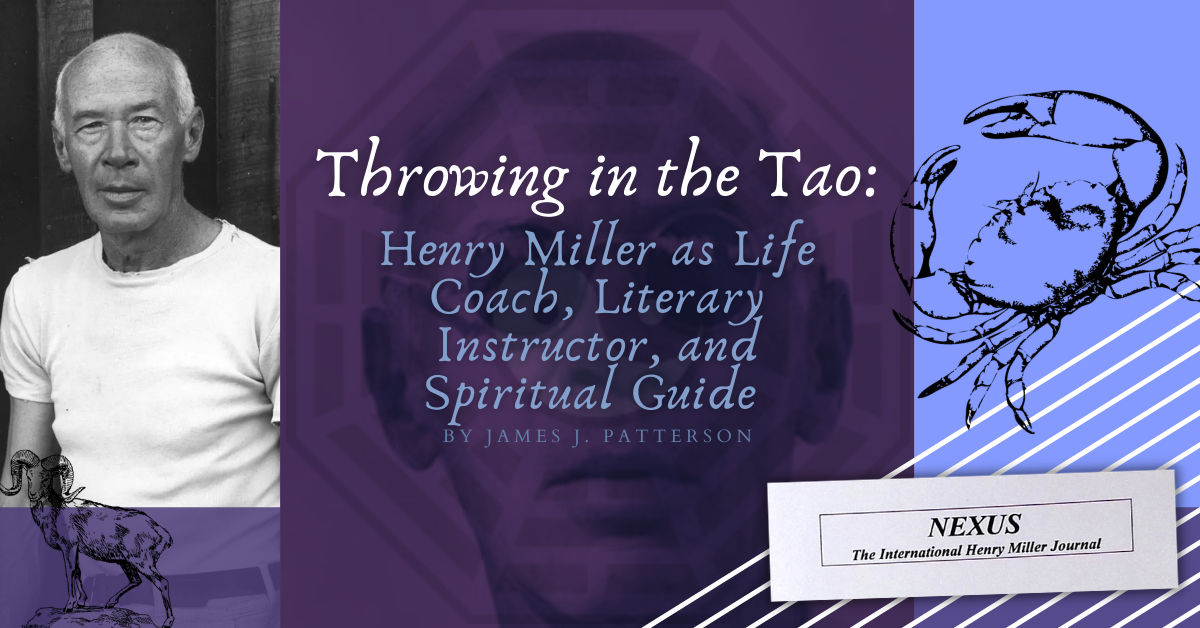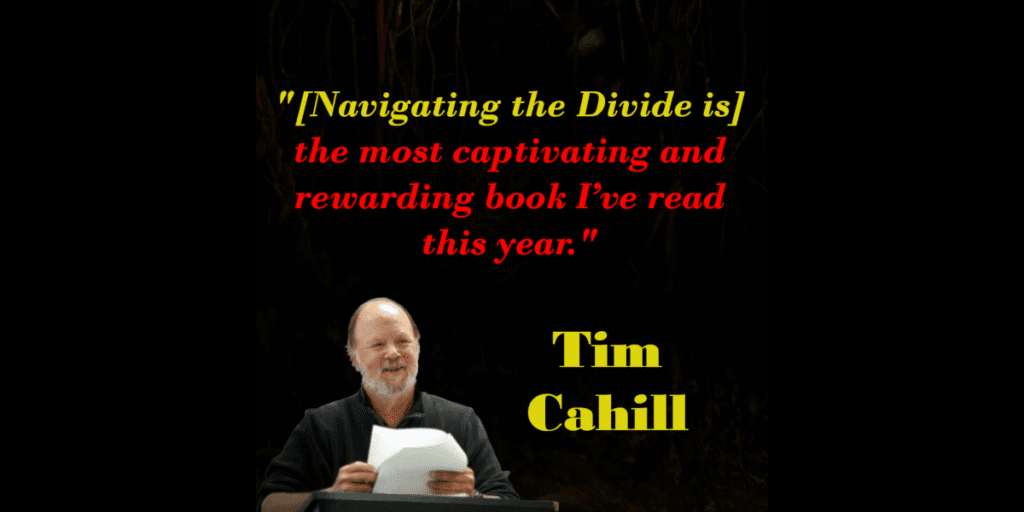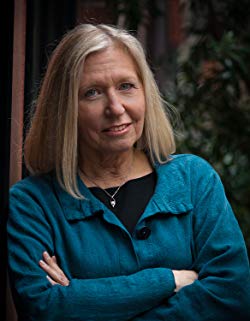Throwing in the Tao; James J. Patterson's New Essay Appears in Henry Miller Journal
The full title of James J. Patterson's new essay which appears in Nexus: The International Henry Miller Journal is "Throwing in the Tao: Henry Miller as Life Coach, Literary Instructor, and Spiritual Guide"

With a new edition of Nexus: the International Henry Miller Journal comes a whole new discourse on the oft-ignored American master. James J. Patterson's unique perspective on Miller appears as "Throwing in the Tao..." an essay concerning the correspondence between writer Lawrence Durrell and his mentor, Henry Miller. An excerpt follows below. Catch it in the new edition of Nexus. And check out another essay by James J. Patterson published in The Bulletin "Hermes at the Kakistocracy Hotel."
In these early letters to Miller, Lawrence Durrell lamented his frustration with the “racket” called publishing. Miller took an instant liking to the ex-patriot Englishman, and wrote back from the Villa Seurat, in Paris. It was the summer of 1936, but it could have just as easily been the winter of 1988, or today, for that matter, and his letter could have just as easily been addressed to two writing, working, musicians, slugging their way through the blizzards of bullshit that are the American recording and arts industry in general.
After some brief commiserations, Miller got down to business:
“Listen Durrell, don’t despair yet. If you have the guts for it the thing to do is to go to the bitter end, in your writing I mean. If you can possibly hold out, and I imagine you can, write only what you please. There is nothing else to do, unless you want to become famous. They will shit on you anyway, so have your say first. I’m not recommending obscenity necessarily. Each man has his own way of being himself and of saying it so ultimately that he can’t be denied. Compromise is futile and unsatisfactory.”
As Hunter S. Thompson might say, here comes the wisdom, the kicker, the template and business plan on which I depended upon for the rest of my professional life.
“You will always have a hundred readers and, if they have taste and discernment, what more can you ask? Even when you elect to be absolutely honest it is difficult. Expression seems such a natural, God-given thing – and yet it’s not either. It’s a life-long struggle to find yourself. Think of Cezanne, Van Gogh, Gauguin, Lawrence. Think of Dostoevsky – or Titian, if you will. Think of the autobiographical documents: they teach you more than anything… (The Durrell-Miller Letters, Paris, August, 1936, pg., 16,17).
This piece of writing hit us both like a nourishing warm breeze. Soothing, reassuring, liberating. From that moment on, we catered to our tastes, and ours alone - in our songwriting and compositions, our approach to our audience, as well as business people, and in defining who we were and what we were about.
“You will always have a hundred readers, and if they have taste and discernment…” they can go out and get you another hundred we reasoned, and they can get you another two hundred, and on and on. There it was, the blessedness of networking. And weren’t Miller and his friend Alfred Perles doing just that? Clearly, they had gotten the young Durrell to sign up for subscriptions to their projects, like writers did in Balzac’s day. The multiplication was working. And if it could work for them it could work for us!
Tim Cahill calls ‘Navigating the Divide’ the “Most Rewarding Book I’ve Read This Year”
Learn what famed travel writer, Tim Cahill, has to say about Linda Watanabe McFerrin’s new ASP Legacy Book, “Navigating the Divide.”
Joanna Biggar Reveals the Heart’s Center of her Newest Novel
After 2015’s That Paris Year which followed a group of young women on their year-abroad at the Sorbonne—their youthful flings as well as their many rites of adulthood— Joanna Biggar is bringing its spiritual sequel Melanie’s Song overseas to her own hometown in the United States. Set in Califonia amid the cultural revolution of the late 60s early 70s, Melanie’s Song, while not a direct sequel to That Paris Year shares many of its characters and its familiar, lavish lyrical style. In MS, J.J., the protagonist of That Paris Year, a young reporter, is on a quest to find her missing friend, Melanie (the archetypal shy scholarly type and another character from TPY) who fled her marriage to a straight-laced classical musician in order to hitch-hike to Woodstock and San Francisco.
What Does Patricia Bracewell Have to Say about “Melanie’s Song”?
What does bestselling historical fiction author, Patricia Bracewell, think of Joanna Biggar’s latest novel, “Melanie’s Song”?


